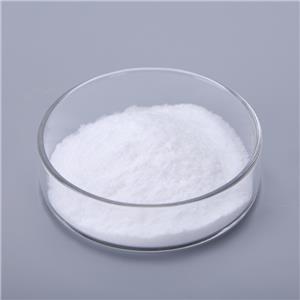Description:
Linagliptin is an oral medication that belongs to the class of drugs known as dipeptidyl peptidase-4 (DPP-4) inhibitors. It is primarily used for the management of type 2 diabetes mellitus.
Key Information and Uses:
Indication:
Type 2 Diabetes Mellitus: Linagliptin is indicated for the treatment of adults with type 2 diabetes, typically in conjunction with diet and exercise to improve glycemic control. It can be used alone or in combination with other antidiabetic medications.
Mechanism of Action:
Linagliptin works by inhibiting the DPP-4 enzyme, which is responsible for breaking down incretin hormones. Incretins are hormones that stimulate insulin secretion in response to meals and inhibit glucagon release, which in turn helps to lower blood glucose levels. By prolonging the action of incretin hormones, Linagliptin helps to regulate blood sugar levels more effectively.
Administration:
Linagliptin is taken orally, typically once daily, with or without food. The dosage is usually fixed, as it does not require adjustment based on renal function, making it a convenient option for many patients.
Side Effects:
Common side effects may include headache, upper respiratory tract infections, and gastrointestinal issues such as nausea or diarrhea. Although rare, serious side effects such as pancreatitis or allergic reactions may occur.
Clinical Trials:
Linagliptin has been evaluated in various clinical trials, demonstrating its effectiveness in lowering hemoglobin A1c (HbA1c) levels and improving overall glycemic control in patients with type 2 diabetes.
Approval:
Linagliptin was approved by the U.S. Food and Drug Administration (FDA) for the treatment of type 2 diabetes and has been widely used as part of diabetes management regimens.

 China
China



